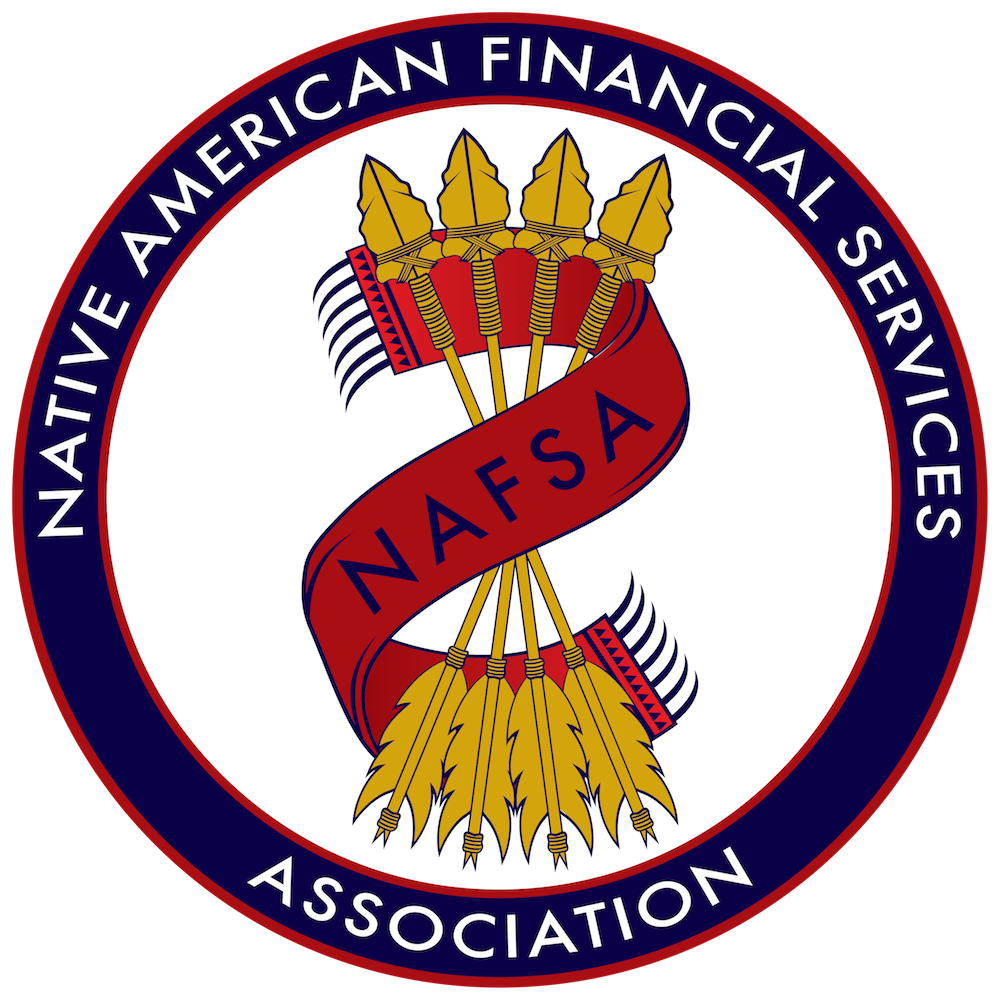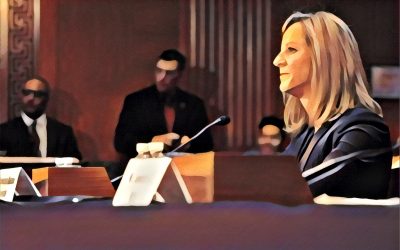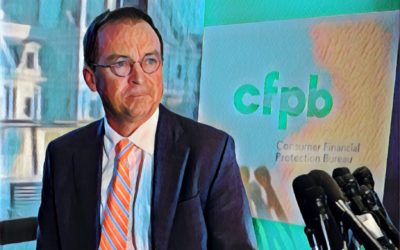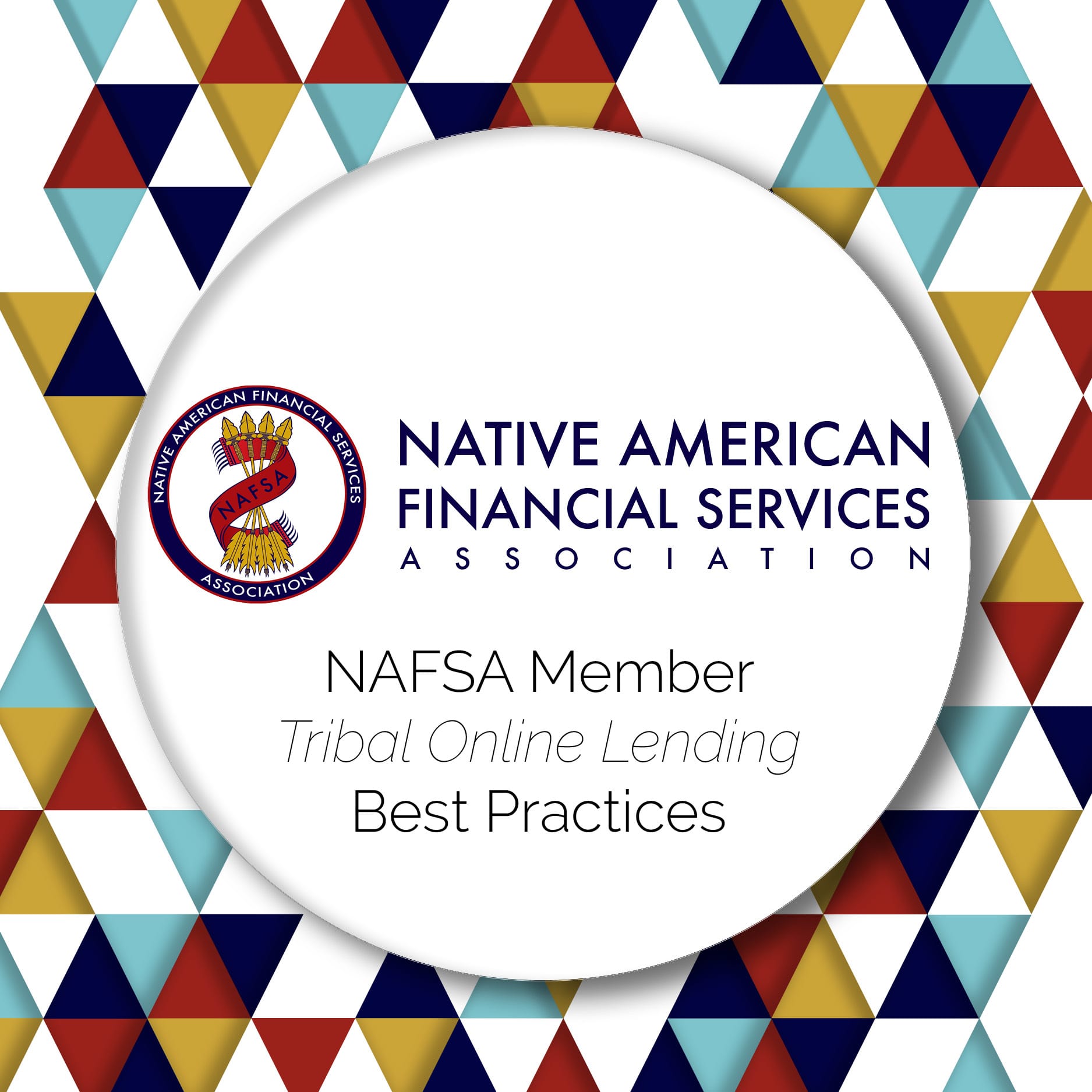The Latest Financial News
Kraninger Provides First Public Remarks as Director of the CFPB
On her first day as head of the Consumer Financial Protection Bureau (CFPB), Kathy Kraninger held a press conference where she announced a three-month listening tour with the agency’s stakeholders, which would include federal and state regulators and...
3 Steps to Keeping a Budget this Holiday Season
Budgeting your personal finances is vital all year but even more essential during the holiday season when spending can be at an all-time high. To help you create a budget, the Native American Financial Services Association (NAFSA)’s Financial Literacy...
Mulvaney’s Last Act at the CFPB
Mick Mulvaney, the former acting director of the Consumer Financial Protection Bureau (CFPB), issued a proposed rule change on “No-Action Letters” that has drawn praise from the financial sector and criticism from consumer groups. A “no-action letter” is a...
Featured Resources
Our Digital Financial Literacy Program
Too many consumers mismanage their budgets, make poor investment decisions, and fail to properly plan for the future. NAFSA is committed to empowering people with the skills they need to change this trend and thrive financially. NAFSA’s Financial Literacy Program offers an assortment of digital modules covering a wide variety of financial topics, including building emergency savings, mortgage education, and retirement planning.
Tribal Online Lending Best Practices
NAFSA has developed Best Practices for the exclusive use of all NAFSA Members as it relates to their Tribal Online Lending businesses. We believe these Best Practices will help ensure consumer protection, quality service, and positive customer and industry interactions during the life of the loans made by tribal lending entities who are NAFSA members. Our Best Practices apply to all stages of the loan, including marketing, origination, servicing, collecting, and ongoing data privacy.
The Impact of Tribal Financial Services
Coming from a history of staggering unemployment rates, limited opportunities, and lack of access to fundamental resources, Native American tribes began online lending businesses to create real change for the future. Internet commerce has been a vehicle for supporting economic growth, tribal services, and tribal development. These are their stories.
Why NAFSA?
There are more than 570 federally-recognized tribes in the United States, many of whom are spread across in diverse areas. This has left a need for other tribal economic development opportunities to create sustainability and jobs on Native American reservations.
Tribal Financial Services:
![]() Create jobs & economic development on tribal lands
Create jobs & economic development on tribal lands
![]() Increase the financial independence of tribes
Increase the financial independence of tribes
![]() Deploy sovereignty & bolster tribal self-determination
Deploy sovereignty & bolster tribal self-determination

Our Mission
To advocate for tribal sovereignty, promote responsible financial services, and provide better economic opportunity in Indian Country for the benefit of tribal communities.






